Teachers, nurses, truckies and cops are among the nation’s most-prolific property investors.
And experts have warned it’s people from some of the most caring professions that are being hardest hit by Victorian government efforts to recoup Covid-era debt from the state’s landlords.
The same professions have the most to lose if negative gearing is scrapped.
Latest Australian Taxation Office data shows there are more nurses with an investment property than accountants, while primary and high school teachers both outnumber IT bosses – and combined are the nation’s second most-prolific investors.
RELATED: Shock figure you need to earn to survive in Australia now
Best Aussie suburbs for home buyers, right now
$50k earner’s trick to pay off home in 4.5 years
Other shocks include electricians topping real estate agents, truckies outpacing solicitors and cops out investing general medical practitioners.
The data also reveals a whopping 403,000 of Victoria’s 561,600 property investors only own one property – hinting the state’s landlords are dominated by people who cannot afford to purchase multiple investments.
Less than half the nation’s property investors are negatively geared, with 949,519 claiming tax deductions compared to more than 1.318 million who are boosting government coffers with additional income tax from their rental earnings.
403,000 of Victoria’s 561,600 property investors only own one property.
But the data reveals that among nurses it’s an about even split, while the majority of police reported losses on their investment property in the 2021-2022 financial year.
Property Investors Council of Australia director Ben Kingsley said for many of the care-work professionals buying investment properties, it was about helping others with a home to rent.
“They are trying to build financial security, but also to do social good,” Mr Kingsley said.
He said a widely-held perception that investors all own nine or ten homes didn’t stack up.
“The stats can’t support the claim,” he said.
“It’s every day aspiring Australians buying. Or they are accidental investors, who upgrade and can hold onto their first apartment. Or they inherit.”
Australia’s most-prolific investor professions
Occupation — Number of investors
General manager — 66,559
Teachers (combined) — 64,529
CEO or managing director — 60,800
Registered nurse — 55,519
Accountant — 49,203
Office administrator or manager — 41,144
Advertising and sales manager — 40,686
Administration assistant or office worker — 40,509
Secondary school teacher — 33,797
Infant or primary school teacher — 30,732
Contract, program or project administrator — 25,296
Software and applications programmer — 25,024
IT manager — 22,379
Electrician — 21,397
Sales representative — 19,114
Construction manager — 18,725
Real estate sales agent — 17,587
Finance manager — 17,431
Sales assistant – general — 17,272
Truck driver — 15,738
Solicitor — 15,475
Accounting clerk — 15,416
Police — 15,412
Call or contact centre or customer service manager — 15,040
Civil engineering professional — 14,318
Bank teller, officer or employee — 14,316
Aged or disabled carer — 14,004
Retail manager — 13,969
Management and organisation analyst — 13,431
*Figures track the number of investors including rental income in their annual tax return for the 2021-2022 financial year
Source: Australian Taxation Office
Mr Kingsley said politicians should know investor demographics, and it was likely their claims were being made “disingenuously in some respects” as they sought to score political capital.
He added that the unexpected professions appearing among the nation’s most-prolific investor occupations were likely to buy more affordable properties, meaning anything that impacted them was likely to flow through to the tenants who could least afford it — or result in those homes being sold.
This also meant that nurses, teachers, truckies and other lower-wage workers were the most likely to have to sell a property or raise rents if governments made changes to property taxes or the Reserve Bank raised interest rates.
ICU liaison nurse practitioner Gary Blackburn bought his first investment property a few years ago and said while he had been shocked to find he’d be able to do so while working as a nurse, he was proud he was able to give a Victorian family a home to live in. Picture: Tony Gough
“If you take away, say, the negative gearing benefit, higher income earners will still be able to invest,” Mr Kingsley said. “But the nurses and teachers will not be able to buy in.”
The tax data shows nurses are among some of the heaviest users of negative gearing, with 27,639, about half of the 55,519 investors working in the profession nationwide, reporting a loss on rental properties in the latest figures.
While smaller in number, the majority of police who are also landlords are negatively geared with 8975 of their 15,288 total needing the tax break.
Meanwhile the majority of chief executives, about 34,631 of their 60,800 total, are in the black with their investment properties.
State government moves can also have a disproportionate impact on landlords working in lower-wage occupations, such as teaching and nursing.
“Victoria is leading the charge in all of this,” Mr Kingsley said.
“And the data is suggesting it’s backfiring on them.”
The state has this year introduced a controversial increase to land tax in a bid to recoup Covid-era government spending, which has sparked mass sell-offs by investors unable or unwilling to pay the additional levy.
This follows changes to minimum rental standards that had necessitated upgrades to many investment properties, with more being discussed, that have added substantial costs to owning investment properties.
These included changes to rangehood heights, shower heads, electrical safety switch installations, energy efficient heating provisions and hiring professionals to confirm an investment property complies with regulations.
“These are good features, but they hit teachers and nurses, who earn less, harder than others,” Mr Kingsley said.
MORE: Best and worst: Vacancy rates drop as rental crisis ramps up
$1m tiny house is so small that passers-by may miss it
In the June quarter Victoria had 654,717 residential tenancy bonds active, about 22,000 fewer than the state had a year prior.
Property Investment Professionals of Australia chair Nicola McDougall said the ATO data also showed 71 per cent of landlords owned just one investment, while 89 per cent own no more than two. Fewer than one in 100 own six or more homes.
“These percentages have been similar for many years, with the term ‘mum and dad’
investors reflecting the fact that most people own one investment property in addition
to their own homes,” Ms McDougall said.
Australian teachers are surprisingly the nation’s second most prolific property investors.
She noted that the vast majority of investors were also needing to team up with their partner to be able to afford an investment.
“The 2024 PIPA Annual Investor Sentiment Survey found that 85 per cent of survey
respondents also owned their own home, with 73 per cent indicating they invested
with their partner,” Ms McDougall said.
Mortgage Choice broker David Thurmond said teachers, nurses and other lower-wage professions were among those who approached him seeking to finance investment property purchases in Melbourne’s outer south east.
But while they were invariably part of a dual-income household, he noted that one couple who were both teachers had now amassed multiple investments.
“And nurses are pretty familiar with the tax benefits of salary sacrifice, which is kind of like a gateway drug before you get into the harder stuff like negative gearing,” Mr Thurmond said.
He noted if it weren’t for these professions, renters in the city’s south east might be in an interesting position as he never heard from accountants or chief executives looking to invest there.
Property Home Base buyer’s advocate who offers flat-fee services Julie DeBondt-Barker said the majority of investors she worked with were either rent-vestors, hoping to buy their way out of being a tenant, or average mums and dads.
She’s also recently worked with an educator who had bought an investment property and wanted to sell it, but didn’t want to disrupt their tenant so worked to find another investor to take it on despite Victoria’s challenging conditions for investing.
“They are not heartless people,” she said.
Sign up to the Herald Sun Weekly Real Estate Update. Click here to get the latest Victorian property market news delivered direct to your inbox.
120yo St Kilda pad with trapdoor to secret room could break record

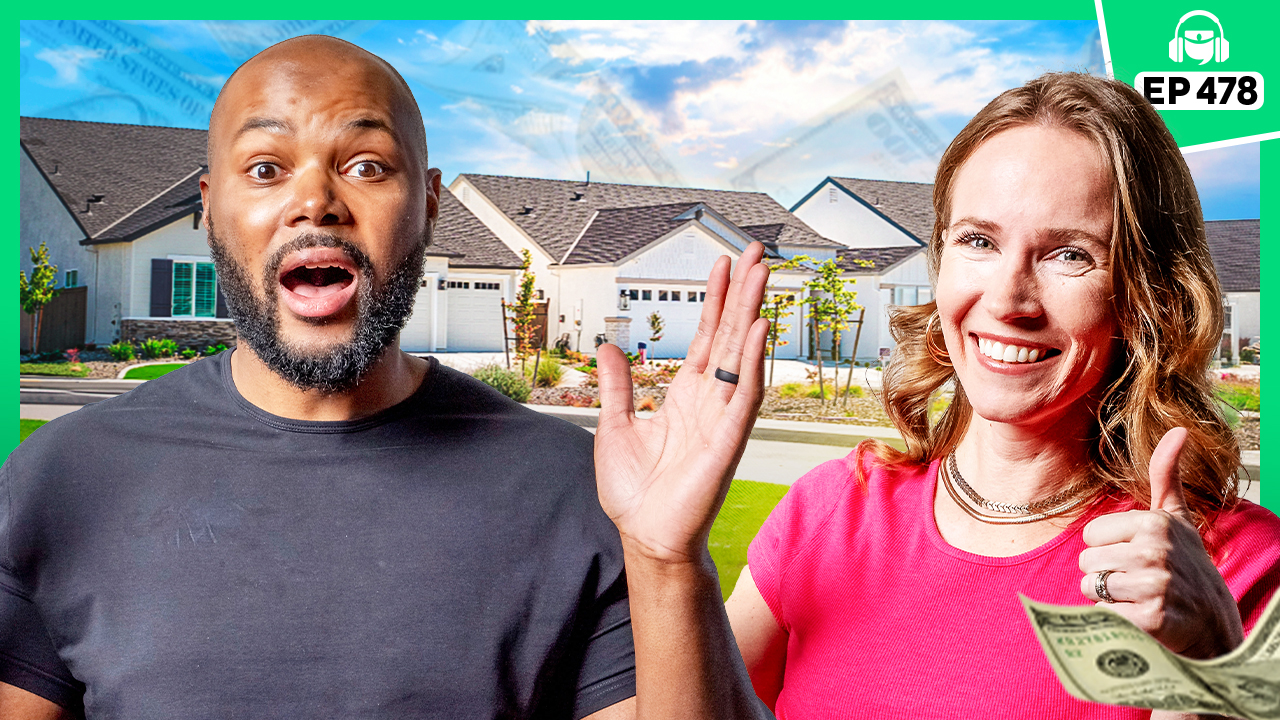
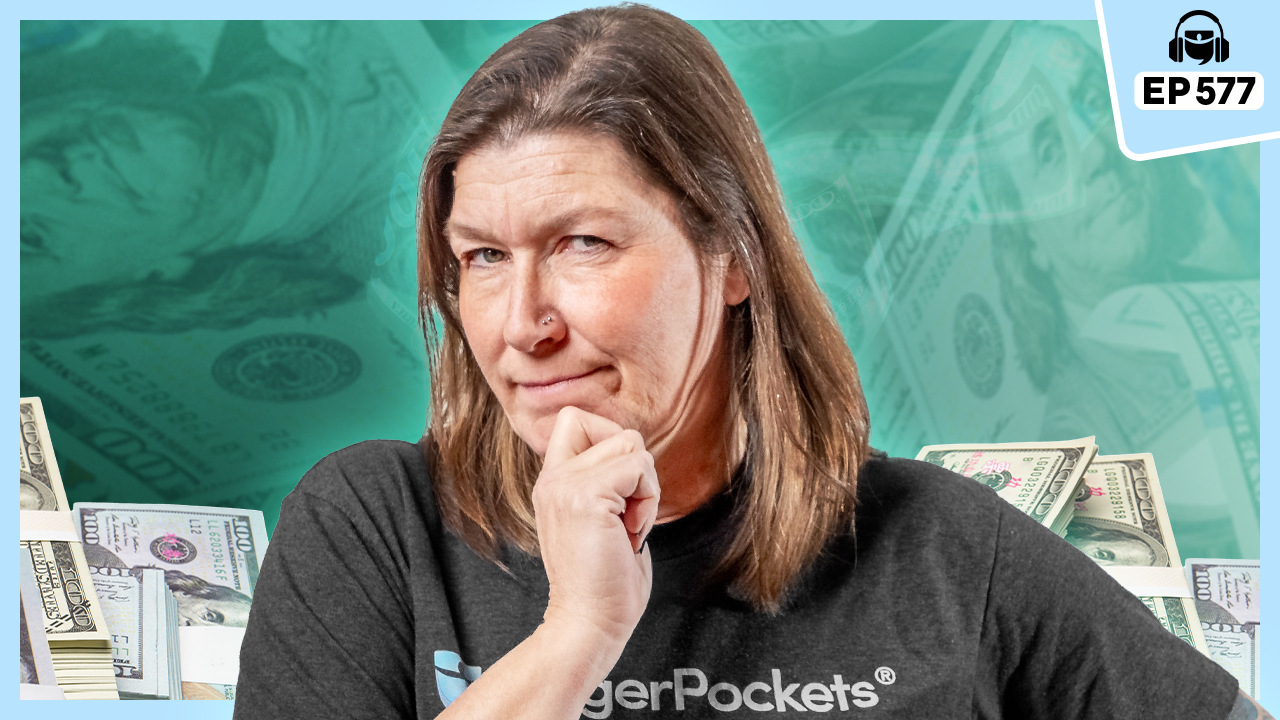



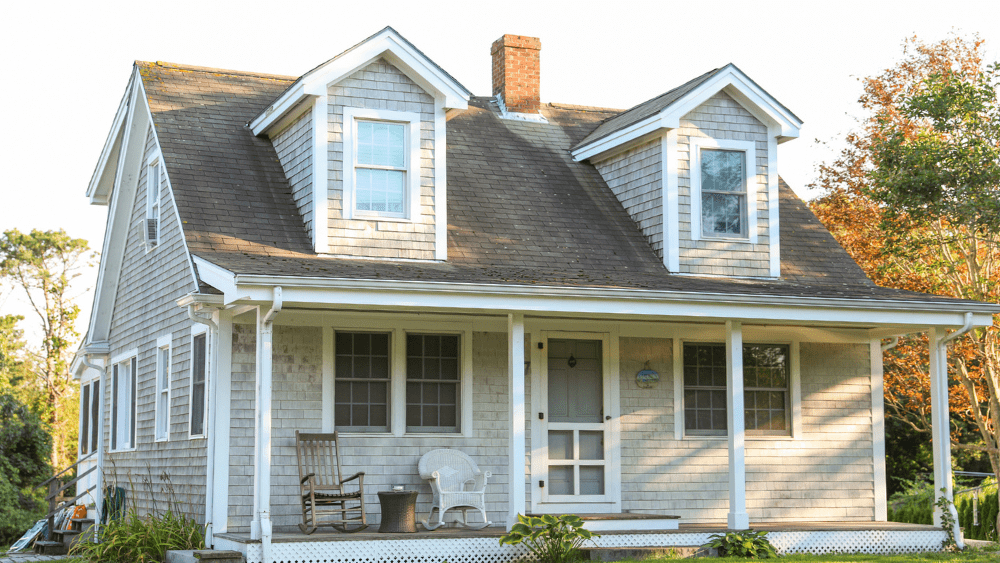

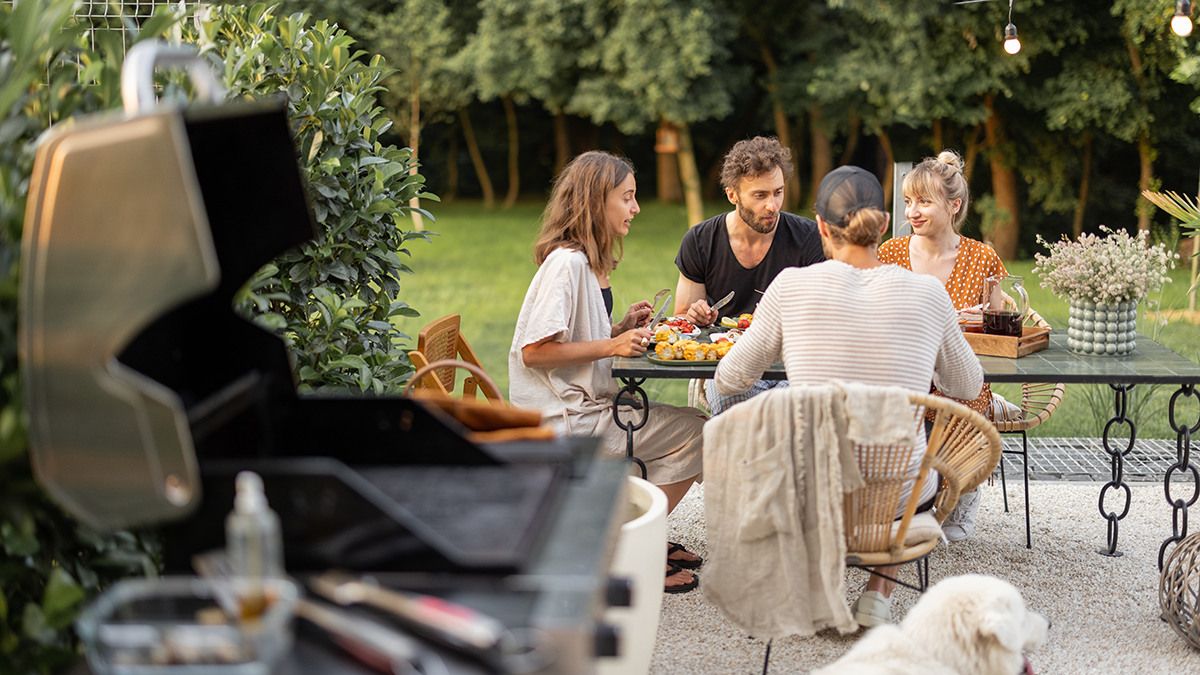

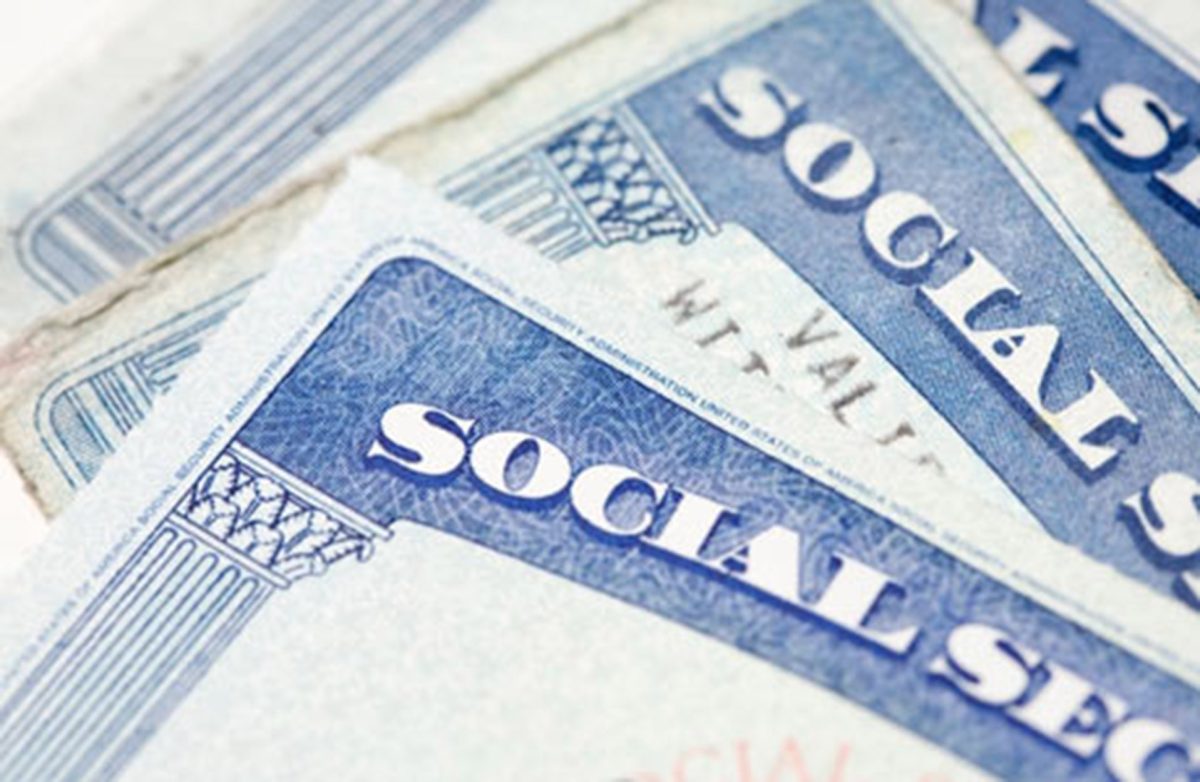








 English (US) ·
English (US) ·